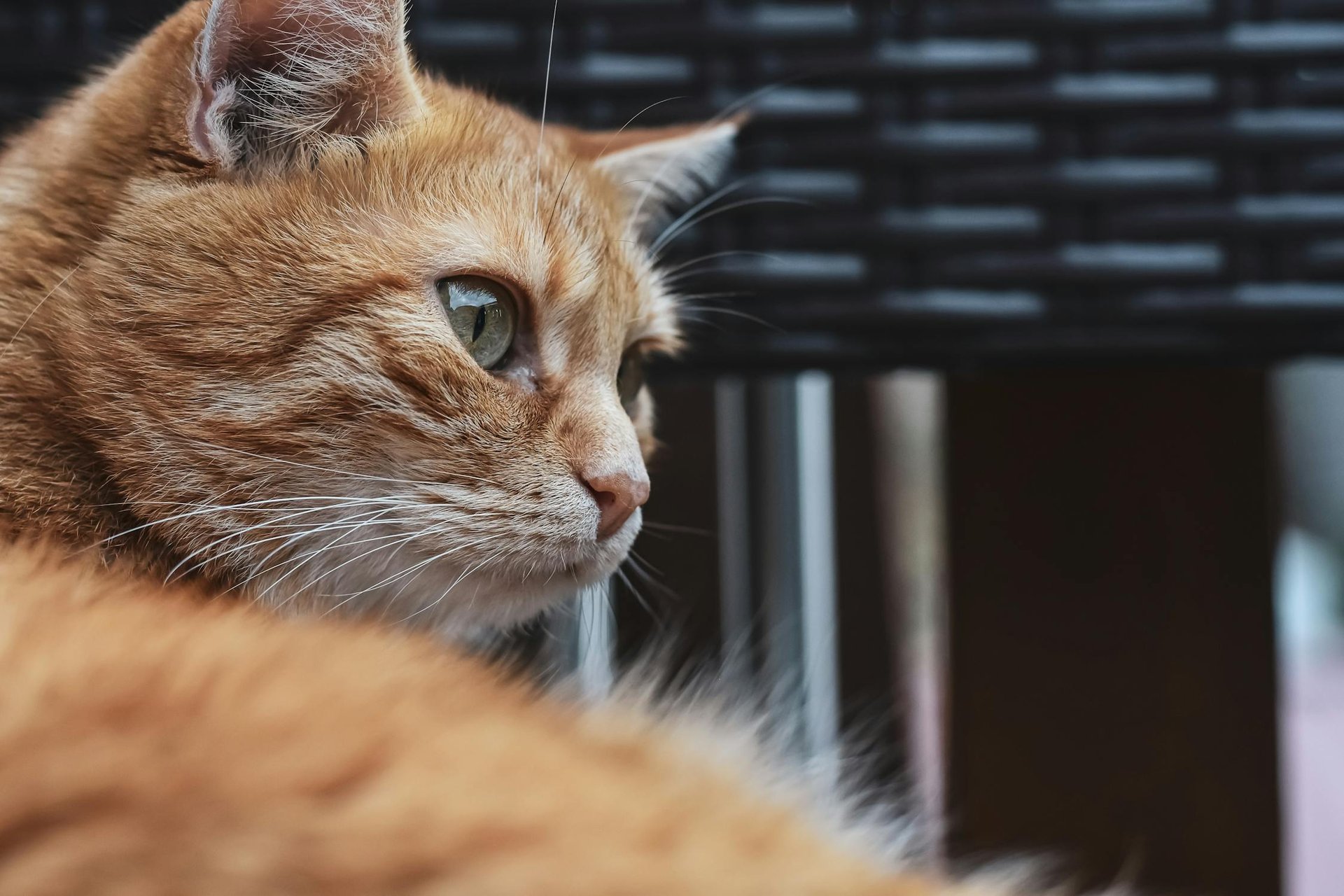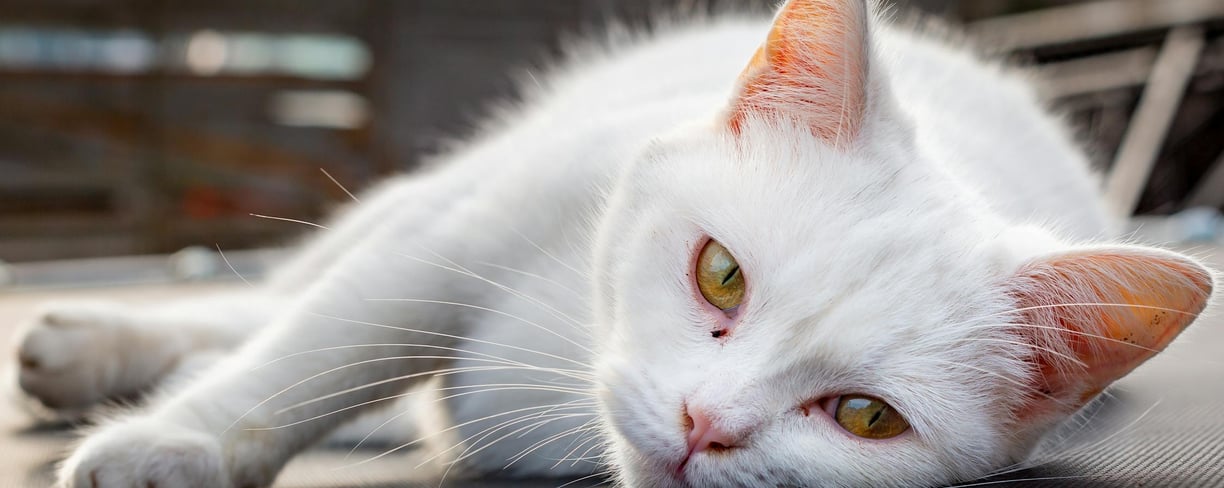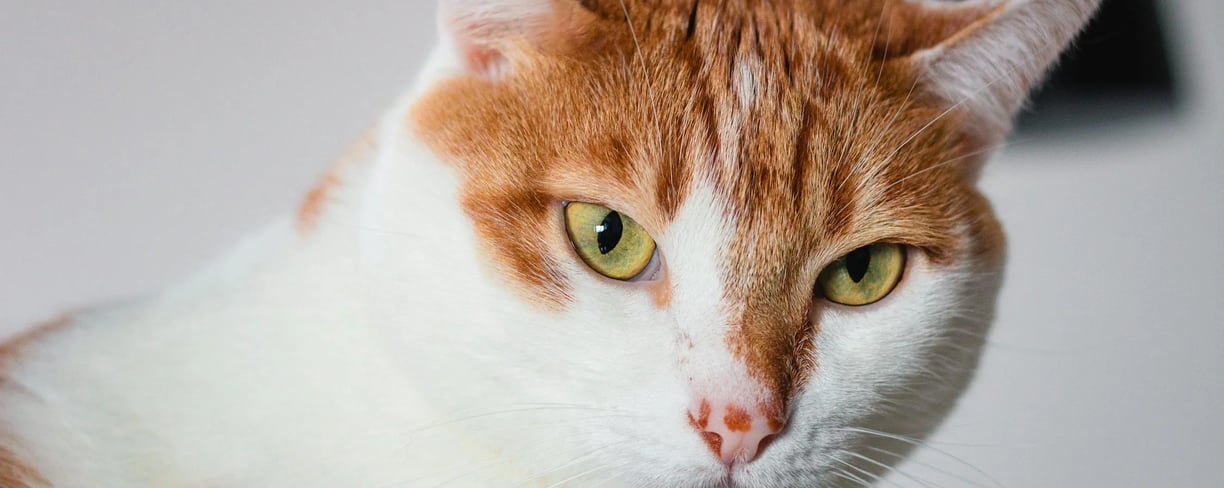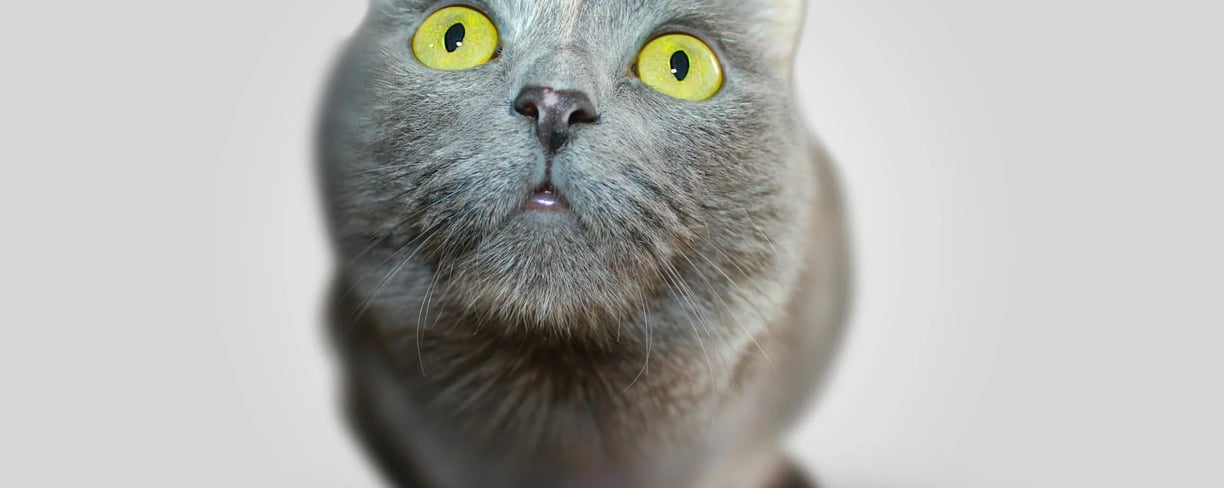Guaranteed Comfort and Complete Care for Your Pet.

Parvovirus In Cats: Everything You Need To Know


Cats can suffer from many illnesses, but few are as dangerous as parvovirus in cats. This virus attacks the intestines and immune system, making it hard for the body to fight infections. It spreads fast and can be deadly, especially in kittens or unvaccinated cats. Early detection and treatment improve survival chances. Without proper care, many cats do not recover. The best way to protect them is through vaccination, hygiene, and professional veterinary care.
What Is Feline Parvovirus?
Feline parvovirus, also known as feline panleukopenia, is a virus that affects the digestive and immune systems. It attacks rapidly dividing cells, damaging the intestinal lining and reducing white blood cell production. This makes infected cats extremely vulnerable to secondary infections.
Parvovirus in cats is a highly contagious disease that affects the intestines and immune system.
The virus spreads through bodily fluids, feces, and contaminated objects. Even after a sick cat recovers, they can continue shedding the virus for weeks. Since feline parvovirus is resistant to many disinfectants, it remains active in the environment for months, posing a serious risk to unprotected cats. Parvo in kittens is particularly dangerous because their immune systems are still developing. Without antibodies from their mother’s milk or vaccinations, they are more likely to suffer severe symptoms and complications. If any of these symptoms occur, urgent veterinary care is necessary. The sooner a cat receives treatment, the better their chances of survival. Parvo kittens treatment is especially time-sensitive, as younger cats deteriorate much faster than adults, so make sure to recognize the warning signs on time.
Signs and Symptoms of Feline Parvovirus
Recognizing the symptoms early can mean the difference between life and death. The first signs may seem mild, but they progress quickly.
Early Warning Signs
Infected cats often lose interest in food, leading to sudden weight loss. They become weak, sleep more than usual, and may show signs of discomfort. A high fever is common, along with signs of dehydration such as dry gums and sunken eyes. Cats may also hide or isolate themselves.
Advanced Symptoms
As the infection worsens, symptoms become severe. Cats often experience intense vomiting and diarrhea, which can contain blood. Their abdomen may become swollen due to inflammation in the intestines. Dehydration worsens, causing extreme lethargy and weakness. In rare cases, neurological symptoms such as tremors or difficulty walking may appear.
How Parvovirus Is Diagnosed and Treated?
Here is how parvovirus is diagnosed and treated.
Diagnosis Process
Diagnosing feline parvovirus involves a combination of symptom evaluation, laboratory tests, and physical examination. A vet will check for fever, dehydration, and abdominal pain. Since other illnesses can cause similar symptoms, diagnostic tests are necessary to confirm FPV. Bloodwork helps assess white blood cell levels, which are often low in infected cats. A fecal test detects viral particles in stool samples. In some cases, imaging tests like ultrasounds help rule out other conditions.


Regular vet checkups help detect infections before they become severe.
Treatment Options
There is no direct cure for FPV, but supportive care helps infected cats recover. Treatment depends on the severity of symptoms and how early the infection is caught.
Severely ill cats require hospitalization. IV fluids restore hydration, while anti-nausea medication helps control vomiting. Antibiotics prevent secondary bacterial infections, which are a major risk due to the weakened immune system.
Mild cases can sometimes be managed at home with vet guidance. Cats need constant hydration, proper nutrition, and a stress-free environment. High-protein, easy-to-digest food helps the body heal, while electrolyte supplements prevent dehydration. Close monitoring is essential, as symptoms can worsen suddenly.
Why Prevention Is Better Than Treatment?
Feline parvovirus is one of the deadliest infections for cats. While treatment can be effective, prevention is the safest approach.
The Role of Cat Vaccinations
Vaccination is the most reliable way to protect cats from FPV. Kittens should receive their first shot at around eight weeks old, with booster doses given until they are 16 weeks old. Adult cats need regular booster shots to maintain immunity.
Since vaccinations also protect against other deadly diseases, keeping up with the immunization schedule is essential. Skipping cat vaccinations leaves them vulnerable to symptoms of parvo in cats and other serious infections.
Maintaining a Safe Environment
Proper hygiene reduces the risk of spreading FPV. Litter boxes, food bowls, and bedding should be disinfected regularly. Any cat that has been sick with FPV should be isolated from healthy pets until a vet confirms that they are no longer contagious.
Keeping unvaccinated kittens away from stray or sick cats lowers the risk of exposure. If a cat must be introduced to a new home, ensuring they are vaccinated first is a smart precaution.
Parvovirus Cases in Dubai: What Cat Owners Need to Know
Why is FPV a concern in Dubai? Dubai has a large stray cat population, which increases the spread of contagious diseases. The hot climate allows viruses to remain active on surfaces for longer periods. Many cases also come from imported pets, as international travel can introduce new infections.
Feline parvovirus is one of the most common pet illnesses in Dubai, making prevention important. Pet owners should ensure their cats are fully vaccinated, especially if they spend time outdoors or interact with other animals.
When to Visit a Vet for Parvovirus Treatment
It is very important to know when to visit a vet.
Emergency Signs That Require Immediate Vet Attention
Some symptoms indicate a medical emergency. Cats experiencing continuous vomiting, refusal to eat or drink, or signs of severe dehydration need urgent care. If symptoms persist for more than 24 hours without improvement, hospitalization may be necessary.
Waiting too long reduces the chances of recovery. Since FPV progresses quickly, immediate treatment is the best way to save an infected cat’s life.
Finding the Right Vet in Dubai
An experienced vet can provide the best diagnosis and treatment plan. When visiting a clinic, expect a full physical examination, lab tests, and a discussion of treatment options. Hospitalization may be recommended in severe cases. For those looking for affordable and high-quality care at a vet clinic Dubai cat owners recommend, it’s important to choose a facility with experience handling FPV cases.


Vaccination is the best way to prevent feline parvovirus.
Parvovirus Prevention Starts With You!
Parvovirus in cats is a deadly disease, but early detection and proper medical care can save lives. Since treatment is not always successful, prevention through vaccination and hygiene is the best defense. Keeping living spaces clean and avoiding contact with infected animals reduces the risk of exposure. If a cat shows any symptoms of FPV, immediate veterinary attention is essential. While the virus is dangerous, survival is possible with the right care. Responsible pet ownership helps keep cats safe, healthy, and protected from this life-threatening infection.

